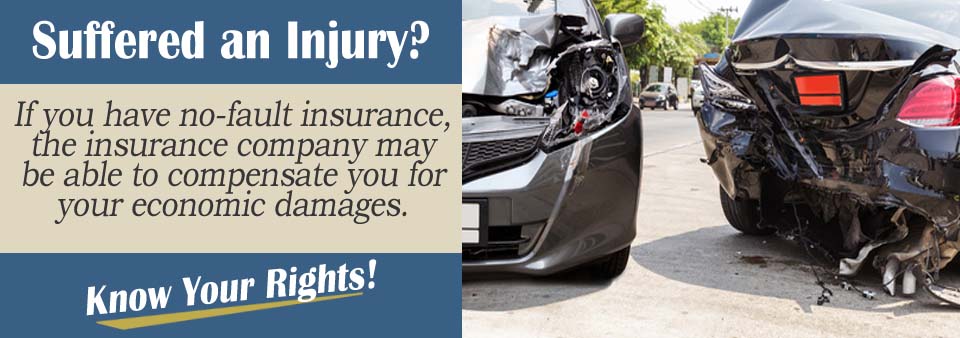In several states, fault is not an issue that is considered when making a personal injury claim. These states have what are known as “no-fault” insurance laws and require all licensed drivers to have no-fault coverage on their insurance policies. These policies do affect your accident compensation and should be understood prior to making a claim.
We asked Alaina Sullivan an attorney about this type of car accident claim. Here is what she had to say:
What Is No-Fault Insurance?
No-fault insurance means that your own insurance provider will pay for your medical bills and lost earnings in the event you are in an accident, no matter which driver was responsible for the accident.
A no-fault insurance claim is also known as a personal injury protection claim or PIP claim and can limit the amount of compensation you receive from a car accident.
Limitation of Recovery
In traditional recovery states, you can make a claim against both the other driver’s insurance company as well as your own to fully cover your injuries from an accident.
If one policy does not meet your injuries, you can file a claim to recover the remainder of your damages. With no-fault you are limited to just one source, your own insurance policy.

Which States are No-Fault States?
A handful of states have pure no-fault policies on the books. These states include Florida, Hawaii, Kansas, Kentucky, Massachusetts, Michigan, Minnesota, New Jersey, New York, North Dakota, Pennsylvania, and Utah, as well as the District of Columbia.
Drives in those states are required to have this insurance in addition to the traditional insurance policies.
How Does It Work?
If you are involved in a car accident, you are required to first collect from your insurance claim through a PIP claim. Only if specific statutory requirements are reached can you attempt to recover from the other driver’s insurance policy.
One exception does exist where you can file what is called a “mini-tort” claim, which is paid by the other driver’s no-fault carrier. These types of claims are payable under the law but are normally capped between $500 to $1,000.
Many times your insurance company will require you to file a mini-tort claim and then the proceeds from these claims are deducted from the payout your own insurance company gives you.
Why Do No-Fault Policies Exist?
States have enacted these laws because of the high number of auto negligence suits that are failed annually. These laws are said to reduce this number for the purpose of court efficiency. However, these laws also limit the types of claims you can file.
In most no-fault states you are only allowed to file for economic damages, which include property damage, medical claims, lost wages and other calculable damages.
You are excluded from filing pain and suffering or any other non-economic damages unless you were involved in a serious and life-altering accident.
What Are the Benefits?
One benefit of no-fault recovery laws is they can expedite recovery you receive. You file a claim with your own insurance company and not the other driver’s which mean you will face less of a fight.
Payments happen much quicker because there is a limit to what you can recover and you are paying for this coverage under your own policy.
Contact an Attorney Today
Figuring out your options after a crash when you have no-fault insurance can be confusing, and making a mistake may severely damage your ability to be compensated.
You may want to speak with a personal injury attorney about your case, as they can help you through the process and help you recover the compensation that you need due to the cost of damaged property and medical care.